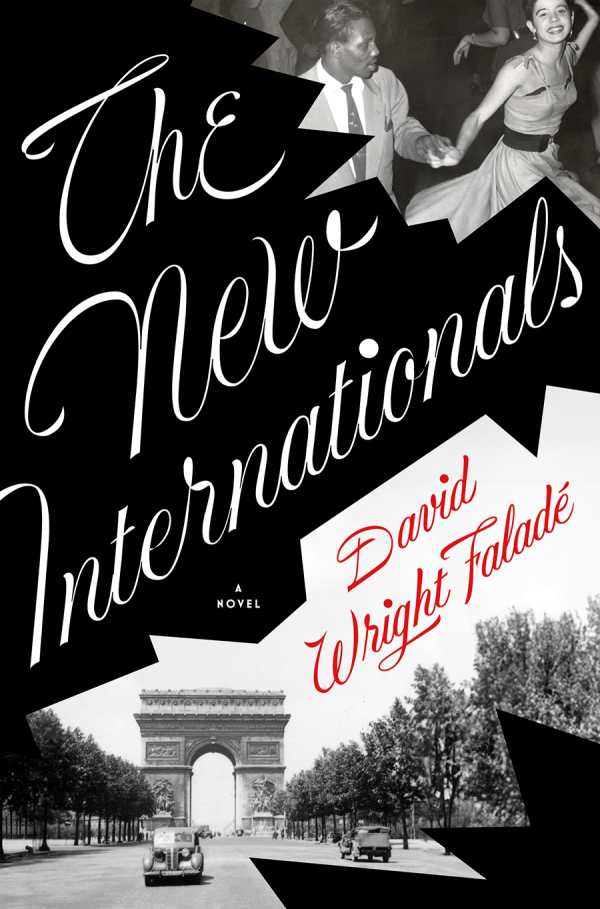The New Internationals
In David Wright Faladé’s immersive novel The New Internationals, cross-cultural friendships and romances challenge racial barriers in post–World War II Paris.
During the Nazi occupation, Cecile’s parents enrolled her in a Catholic school for her protection; in 1947, her progressive ideals and artistic aspirations aggravate her bourgeois father. She wears a Star of David pendant in remembrance of the atrocities inflicted upon Jews by the Germans and collaborative French.
While traveling to a Communist Youth conference, Cecile befriends Minette, who is French Senegalese. Brash Minette introduces Cecile to Seb, an architecture student and descendant of West African kings. Oppressed by European colonialism, Seb’s father insists that someday his son will “construct skyscrapers” and prove “that we are not savages.”
Though Cecile and Seb become lovers, Seb hides their relationship from Zansi, his medical student sister, who often reminds Seb of their family obligations. Cecile is later troubled to learn that Seb’s ancestors sold other Africans into the slave trade. A taut love triangle develops when Cecile begins an involvement with Mack, a charismatic Black American soldier stationed in France.
Set amid Paris’s postwar strife, the novel’s varied backdrop features exuberant jazz clubs, chaotic social protests, bustling cafes, and staid suburbs. Its perspective alternates to draw out social and personal complexities, revealing people’s inner conflicts and insecurities in a way that enhances the book’s intricate tension. Contrasts are also drawn between the divergent experiences of continental Africans and Black Americans: Mack and Seb have little in common beyond their attraction to Cecile; upon meeting a group of young Africans in Paris, Louis Armstrong is perplexed to receive their native gifts of a mahogany staff and a handbag made from animal hides.
Grounded in eloquent details, the novel The New Internationals pulses with the energies of postwar Paris.
Reviewed by
Meg Nola
Disclosure: This article is not an endorsement, but a review. The publisher of this book provided free copies of the book to have their book reviewed by a professional reviewer. No fee was paid by the publisher for this review. Foreword Reviews only recommends books that we love. Foreword Magazine, Inc. is disclosing this in accordance with the Federal Trade Commission’s 16 CFR, Part 255.

